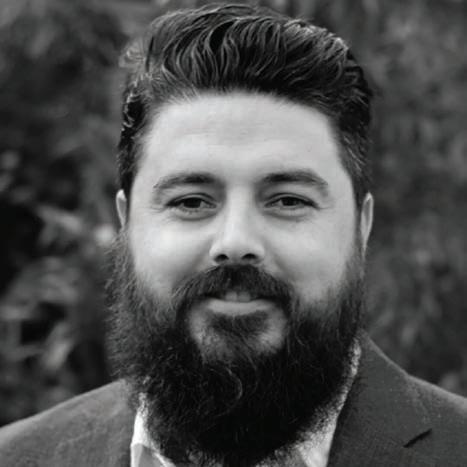
3 minute read
National Voice to Parliament update
“Obviously, something has changed here in the National party,” Pearson told Radio National at the time.
The referendum, expected to be held in the second half of 2023, perhaps as early as August, is under review by several groups of experts set up by the government to advise on the best way forward.
Advertisement
A parliamentary committee of representatives from the Australian Electoral Commission and a panel of legal, electoral, and constitutional experts is one of these groups, looking into proposed changes that would modernise Australia’s referendum law to ensure it is up to date ahead of the planned referendum.
In late November, the federal National Party made headlines around the country by announcing it would not publicly support a First Nations voice enshrined in Parliament.
“Unfortunately, we got to a position where we don’t believe this will genuinely close the gap,” said leader David Littleproud, who said at the time that his party had consulted with regional communities nationwide on the matter.
Not everyone in the party agreed with this decision, however, with Federal MP Andrew Gee resigning from the National Party just before Christmas in disagreement.
“I can’t reconcile the fact that every Australian will get a free vote on the vitally important issue of the Voice, yet National Party MPs are expected to fall into line behind a party position that I fundamentally disagree with, and vote accordingly in Parliament,” said Mr Gee in a statement.
“While I respect the views of my colleagues, this just isn’t right.”
The Shadow Minister for Regional Education, Health and Development will now sit as an independent.
Attorney-General Mark Dreyfus said it was “very disappointing” that the National Party had decided to oppose the Voice, saying it was premature to make such a big public decision before the campaign had begun and before the question to the public was finalised.
Prominent Indigenous Cape York leader Noel Pearson called the Nationals party leader David Littleproud a “kindergarten kid”, saying that his party was in danger of being “left behind in history”, and that it was a complete turnaround from the impression he had got from many party members he spoke with just before the election.
The last referendum held in 1999 used what was available at that time, but there have been updates to electoral processes, methods of communication and technology since then that will be reviewed by the committee.
Federal Opposition Leader
“Australians are not being asked to vote on a specific Voice model. Rather the Voice will be determined by parliament with the input of the community and the Voice itself, and will evolve and change over time.


Voice to Parliament.
In an open letter, Mr Dutton posed 15 questions he said needed to be answered so that Australians could make an informed decision at the upcoming referendum. His main queries were around how the advisory body would be composed, how it would function on a regional basis, and how it would tackle issues in remote areas.
But Uluru Dialogue’s Senior Engagement Officer, Wemba Wemba man Eddie Synot, who is also a public lawyer and researcher, said those answers were already there.




“The detail exists, the detail is there and there’s more detail to come to be able to inform people about how the referendum works and what the Voice is going to do,” he said.
“Overwhelmingly, the Australian people are onboard. They’re the reason we’ve gotten to this point… where it’s now a national policy and we’re about to go to a national vote. The Australian people are leading this, not politicians. We had to drag the politicians to the point where we get the opportunity as Australian people to be able to have our vote. We’re more than ready.”
Mr Synot also recently penned an article focusing on the detail of the Voice to Parliament vote, writing:
“There is real danger in providing a full, detailed model of the Voice prior to a referendum (for instance, in the form of a draft bill). A complete “model” of the Voice will mislead voters and impair the constitutional function of the referendum. Voters may think they are voting on the detail of the model, and not the actual constitutional provision they are required to vote on.
“And if the referendum is successful, it would likely “lock in” that specific model (if not legally then politically). Future parliaments would be reluctant to disturb the model that was passed with the referendum, even though it wouldn’t technically be attached to the amendment itself.
“This would undermine the objective of allowing the model to adapt and evolve as future circumstances require, and would also undermine the authority of parliament to do so as required. But that doesn’t mean there should be no detail. The proposal for a constitutional First Nations Voice is the result of more than ten years of dedicated inquiries and consultations on constitutional recognition.”
At the time of print, the federal opposition was yet to announce whether it formally supports or opposes the Voice.










